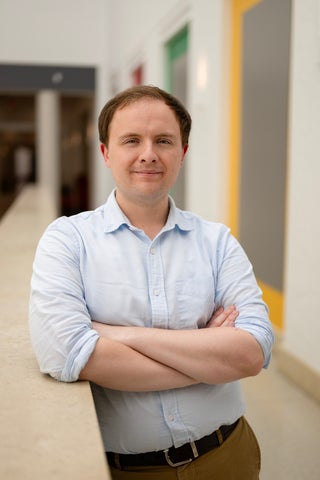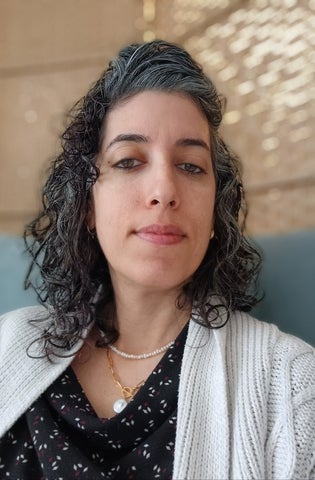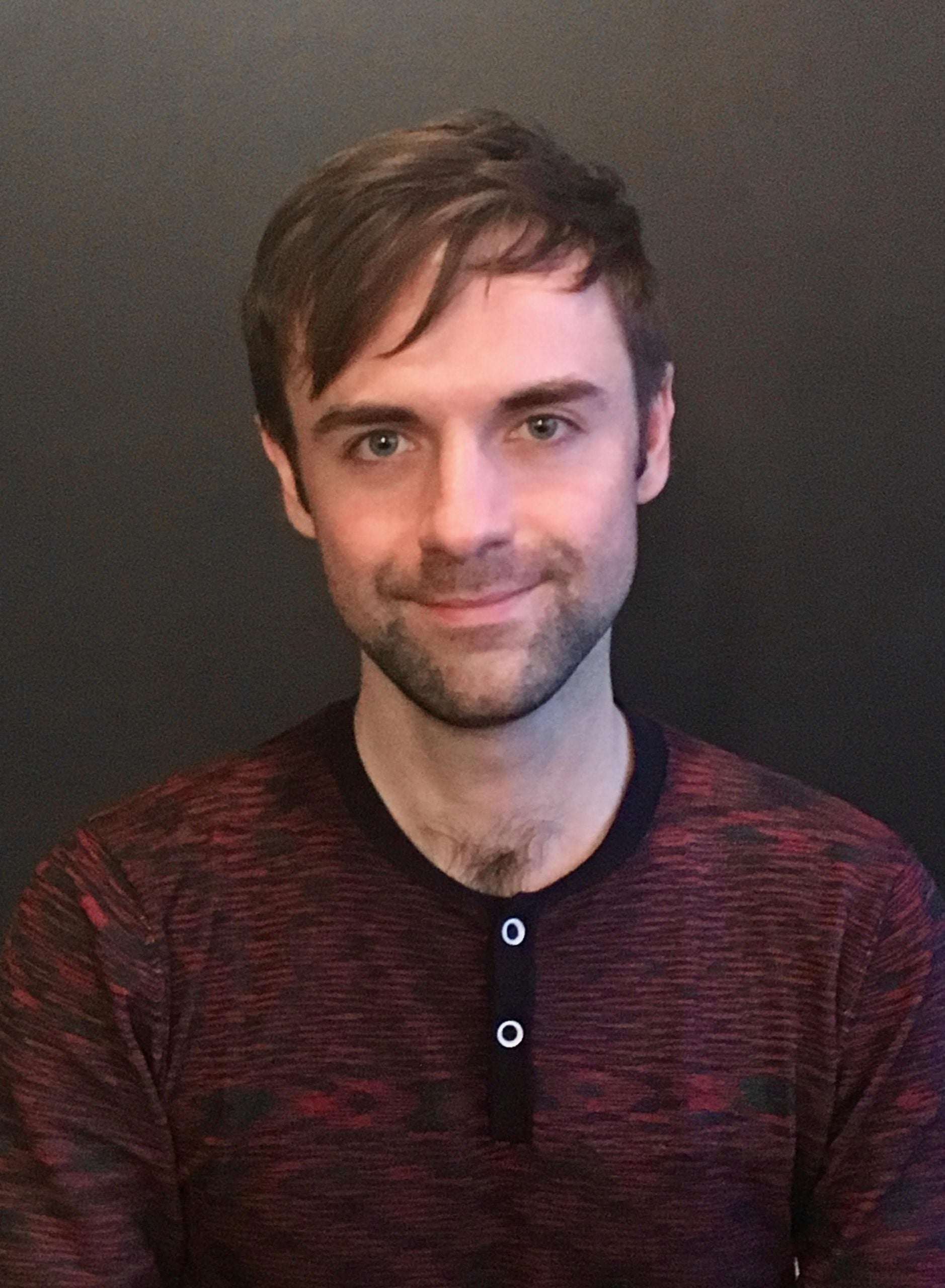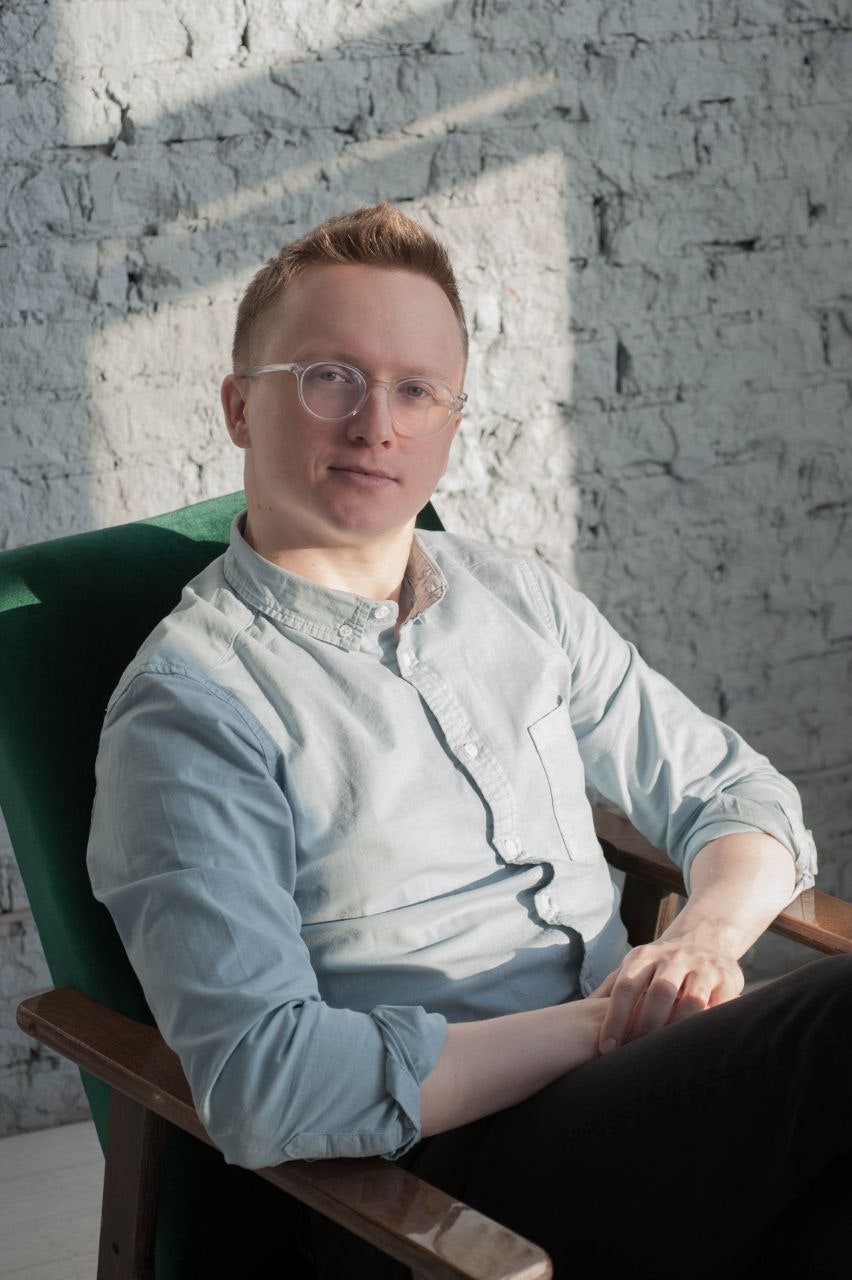Dr. Trent N. Cash | Dr. Rotem Paz | Dr. Anvita Gopal | Dr. Reza Hadi Mogavi | Dr. Krystle Shore
Dr. Trent N. Cash, Lupina Foundation Postdoctoral Research Fellow, 2025-27
Supervised by: Professor Sam Johnson, Department of Psychology
Using LLMs to Improve Patients’ Knowledge of Their Medical Preferences
Every year, millions of Canadians make complex medical decisions that require them to balance the pros and cons of multiple courses of action. For example, patients may be asked to choose between a stronger medication with harsher side effects and a weaker medication with more tolerable side effects. Similarly, patients may have to choose whether to wait for an MRI that is covered by their insurance or pay out of pocket for an ultrasound that is available sooner. Dr. Trent Cash’s work explores decision makers’ awareness and understanding of their own decision-making processes when faced with complex choices like these. Specifically, Trent studies decision makers’ metacognitive knowledge of why they make the decisions that they do.
In his Lupina project, he will investigate how patients facing complex medical decisions develop an understanding of their own preferences and priorities, and how the accuracy of this metacognitive knowledge influences their satisfaction with the medical care that they receive. This research is critical because decision makers who have less accurate metacognitive knowledge tends to make worse decisions. In the medical context, inaccurate metacognitive knowledge could result in patients making life-altering decisions without fully understanding the factors that influence their choices, leading to dissatisfaction and poor health outcomes. He will also design and test a new intervention that leverages AI-powered LLM chatbots – like ChatGPT or Gemini – to increase the accuracy of participants’ metacognitive knowledge and improve their healthcare outcomes. This intervention will focus on using Reflective-LLMs that talk patients through their options and help them understand their own motivations, priorities, and needs. Given the growing popularity and power of LLM chatbots, this kind of intervention could be highly scalable and provide a valuable tool for physicians and patients alike.
Trent would like to thank the Lupina Foundation for their support, and is excited for the opportunity to contribute to the foundation’s mission of better understanding the intersection of health, society and technology. He believes that this interdisciplinary perspective is essential to developing healthcare systems that are effective, equitable, and innovative.

Dr. Rotem Paz's work, conducted under the supervision of Professor David Moscovitch and in collaboration with Dr. Brian Levine at the Rotman Research Institute at Baycrest, focuses on the contribution of autobiographical memories to self-schemas and mental health. As a clinical psychologist and neuropsychologist (licensed in Israel) with training in neuroscience, she is deeply interested in how early experiences and autobiographical memories shape the brain, biological processes, personality, self-schemas (i.e., our core beliefs about ourselves) and our subjective experience. Her previous work has focused on investigating neurodegenerative diseases affecting autobiographical memory, as well as developing interventions for mental health disorders.
Autobiographical memories and the self are intertwined, as is tragically evident in Alzheimer’s disease, in which the fading of specific personal memories results in the loss of self-identity. Since autobiographical memories serve important functions like guiding future behaviour, supporting social bonds, and maintaining a coherent sense of self, it is essential to better understand the process of how memories are formed and reconstructed. Dr. Paz's research program seeks to elucidate how individual differences in cognitive profiles influence the encoding, retrieval and recollection of autobiographical memories, and how they contribute to the development and maintenance of self-schemas and real-world behavioural patterns. She further investigates how such differences affect whether individuals become vulnerable to, or can overcome, various mental health challenges, with the ultimate goal of developing new forms of therapy interventions. Her specific focus is on using a person's personal memories to help them modify unhelpful beliefs they hold about themselves.

Dr. Anvita Gopal, Lupina Foundation Postdoctoral Research Fellow, 2023-25
Supervised by: Professor James Dankert, Department of Psychology
Exploring the relation between boredom, social media use, and mental well-being
Dr. Anvita Gopal’s work explores the interplay between boredom proneness, social media usage, social connectedness, and mental well-being. She integrates psychology, social and cognitive sciences to examine how boredom proneness affects our social connections both online and offline and how this in turn may be exacerbated by external factors such as socioeconomic status (SES). The project aims to elucidate how boredom proneness affects social connectedness, both online and in the real world and how this impacts mental well-being.
The work is ongoing with data collection anticipated to be complete by Fall, 2024. Preliminary analyses suggest that undergraduate students spend substantial time on social media and that boredom is a prominent driver of that usage. For those who use social media to form social connections, boredom proneness tends to be low. Data also show that when social media use is driven by boredom, feelings of life satisfaction are diminished.
The data gained from this project informs our understanding of the role played by boredom in how youth interact with social media and how that in turn affects their mental well-being. Ultimately, by understanding boredom’s impact on mental health, interventions could be tailored to mitigate its negative effects.
This work identifies boredom as a potential risk factor for mental well-being particularly as it relates to smartphone and social media use. As such, we could develop targeted interventions where appropriate that would aim to improve public health outcomes associated with mental health disorders. The public will benefit from this knowledge by adopting strategies to manage both boredom and smartphone/social media use adaptively, ultimately to foster stronger social connections.
Reflecting on what drew her to apply for the Lupina postdoc, Dr. Gopal says, “The emphasis on social determinants of health was a key draw for applying to the Lupina fellowship. What attracted me to the Lupina scholarship was the opportunity to contribute to a research program that bridges academic insights with practical applications in public health and policy.”

"The importance of user experience, or UX, has never been greater than in today's tech-driven world. However, a one-size-fits-all design approach just doesn't work, especially in crucial areas like health. For example, exergames—these are video games that also serve as a form of exercise—are often created without considering the opinions of vulnerable groups, such as older adults.
Dr. Reza Hadi Mogavi's research aims to change this by involving various groups of older adults from different geographical regions in the design process. He wants to ensure their voices are heard and that UX is improved. When UX is enhanced, it can attract and retain users in these systems for longer periods.
Emphasizing human-centered design, his research has revealed some new insights. The preliminary study with more than 60 older adults showed that most of them view exergames with positive curiosity. However, some socio-cultural factors can hinder this interest. In this research, it was found that perceptions of aging, lifestyle, support networks, and the cultural relevance of game mechanics are all crucial factors affecting their engagement with exergames.
Dr. Mogavi's is hopeful that these findings contribute significantly to more inclusive design practices, stressing the need for socio-cultural sensitivity and attention to diverse groups in game or even technology design in general. In conclusion, he urges the HCI community to adopt more diverse design practices.
I want to sincerely thank the Lupina Foundation for providing me with this valuable opportunity to work on this research direction, which I am truly passionate about," he says.

Dr. Krystle Shore’s research explores the adoption of innovative electronic health records software in Canadian long-term care (LTC). She is investigating how this software, which uses artificial intelligence and global health indicators to generate patient assessments and care plans, is marketed as a solution to ongoing deficiencies in Canada’s LTC system and whether the technology responds to practical LTC staff needs.
Existing EHR research tends to frame the software as a promising means for improving LTC organizational efficiency. However, research focusing on the promises of innovative healthcare administration technologies tends to ignore important contextual factors that shape how technology is used and experienced. Her work compares how EHR software is marketed with how it is used and perceived of by LTC staff to identify the dominant interests reflected in the technology. Through this work, she will evaluate the broader social context in which innovative, data-driven technologies flourish as a solution to public health challenges.
If identified LTC deficiencies are left unaddressed, they will compound over time as Canada’s population ages. Digital healthcare technologies like integrated EHR software carry a potential to improve LTC though research is needed to substantiate whether this potential translates into practice. Her work aims to address this gap by providing insight into the capacity of ‘smart’ health records technology to assist staff in the delivery of person-centered care to Canada’s aging population.
Dr. Shore's findings can inform internal LTC policy by distinguishing the caregiving tasks that are supported by integrated EHR technology from those that are not. Her findings can also assist industry with the (re)design of healthcare administration technologies so that they better serve the practical needs of frontline care workers. Additionally, she hopes her findings will be of interest to the broader public, as everyone has a vested interest in improving the future of Canadian LTC.
She was drawn to the Lupina Foundation Postdoctoral Fellowship as it supports research at the intersection of health, society, and technology. Importantly, the fellowship champions research connecting healthcare technologies to the perspectives and needs of the people and populations that use them to address pressing healthcare issues in society.



